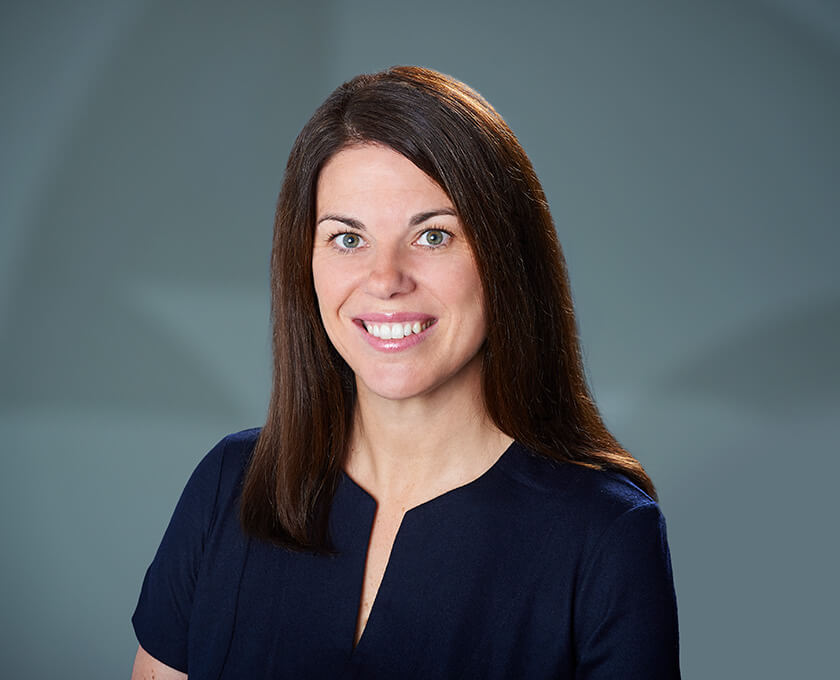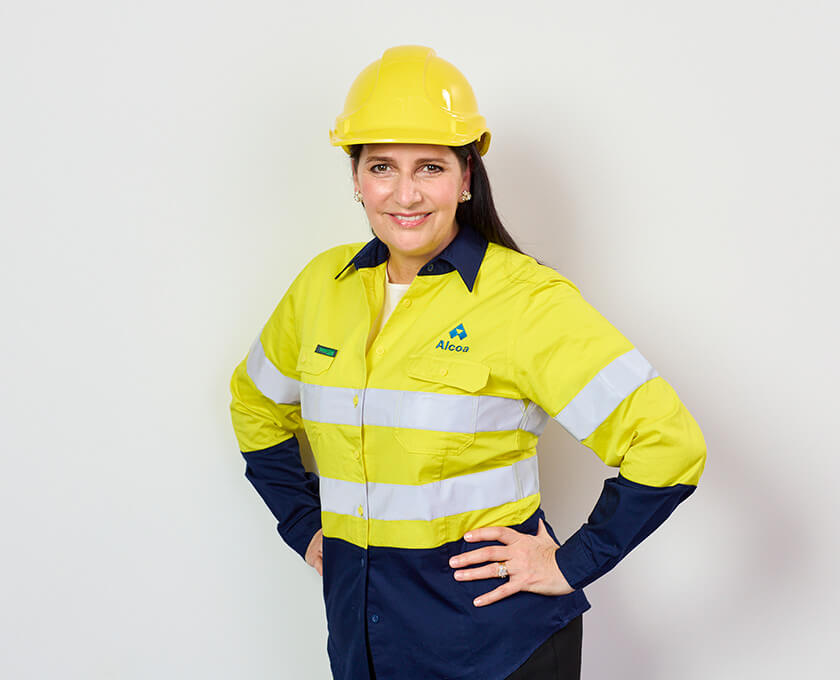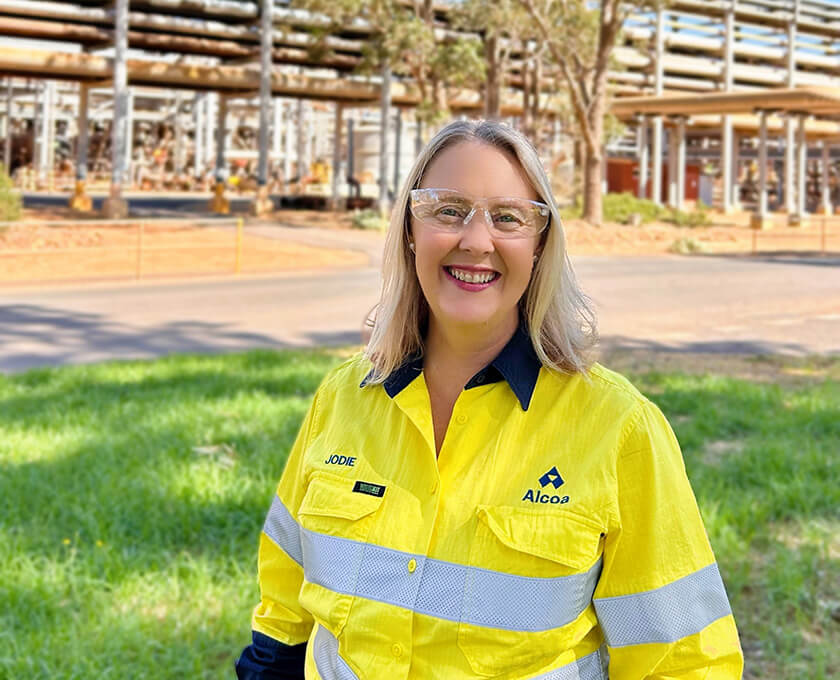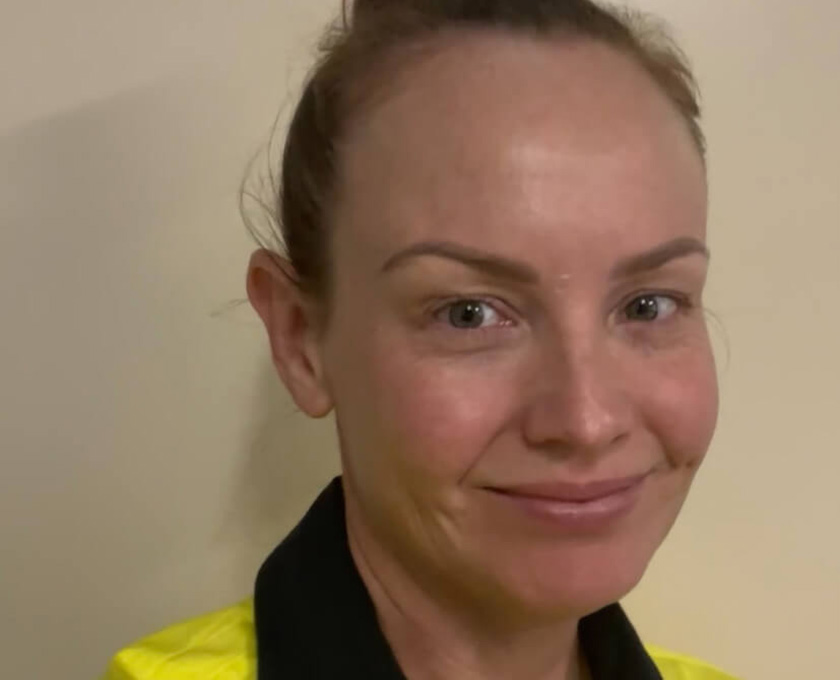March 07, 2024
Alcoa leadership tips gender balance

While correcting gender inequality remains a challenge for many industry sectors and organisations, Alcoa of Australia is bucking an all-too-common trend with women leading across its entire operational value chain.
That includes women heading up one of the company’s bauxite mines, an alumina refinery, an aluminium smelter, and the overall Australian operations.
While it is part of a concerted effort to improve gender balance across all levels of the business, Interim Vice President of Australian Operations Tanya Simmonds says it is more importantly an indication that gender is not a determining factor in identifying the best person for the job.
“I faced some of those discriminatory attitudes myself 10 years ago when I was up against males for a senior role,” Tanya said.
“But today if there’s a male and female up for the same job, the sort of unconscious bias that may have once led to the male being deemed the better candidate has largely disappeared.”
Gender bias is something Tanya has experienced during her career. On being appointed Financial Controller for Alcoa’s Portland Aluminium Smelter in 2005, she was mistaken as the manager’s personal assistant on more than one occasion.
Tanya admits it was partly to do with her choice of desk location outside the manager’s office, but it reflected a pervasive attitude in a strongly male-dominated workplace.
Rather than take offence, Tanya says she made a point of introducing herself to as many people as she could across the operation, and the outcome was a growing mutual respect and understanding for each other’s strengths and contributions.
That shift in perception is a common theme that Alcoa’s women in leadership have seen occurring in recent years as they have developed their careers in traditionally male-dominated workplaces.
Huntly Bauxite Mine Manager Emma Grundy says while she has been in a minority through most of her career, there is a definite change occurring.
“It’s fantastic over the past five to seven years to have seen a big increase in females in these types of workplaces, and a big part of that has been changing work functions,” Emma said.
“During my time as a maintenance superintendent, I was part of a team that built an automated facility which removed the need to be a ’typical’ tradesperson. It led to far more females working in those once male-centric roles.”
For Portland Aluminium Smelter Manager Britt Butler, a key to success in changing attitudes has been to formalise the approach to respect in the workplace.
“Alcoa promotes that really strongly with formal training and ongoing support,” Britt said.
Recently appointed Wagerup Alumina Refinery Manager Jodie Giraudo admits it has not been an easy road working in mining, refining and smelting, however the landscape is changing.
“Through my career I’ve experienced discrimination and sexual harassment,” Jodie said.
“Early on, I documented it for my manager to provide the evidence needed to trigger change. I learnt that telling my story was the best way to inspire people to change and they started coming up with their own solutions to driving a more inclusive culture.
“Initially, I thought it was a gender issue but it’s not. What I was being exposed to was a cultural issue that allowed people to work who weren't exhibiting the right values. Getting to the heart of the culture and fixing those issues is what leads to a more inclusive workplace. And that’s occurring broadly across the industry.
“I can tell you that coming to Alcoa as a woman in a senior position, I've been nothing but supported, both by my female and male colleagues, which makes it a really positive place to be.”
The tangible benefits of diversity in the workplace are well documented. Ongoing studies by McKinsey and Company have found that organisations with the greatest gender-diversity are 25 per cent more likely to experience above-average profitability. Likewise, safety performance has been shown to be positively impacted with greater gender balance.
Tanya believes it is the less tangible benefits that deliver these positive outcomes.
“Greater diversity means we're having a lot more constructive conversations at all levels,” she said.
“Organisations are moving away from the old thinking that seniority and wisdom comes from having done the time, and that in turn is leading to more creative solutions and better outcomes. We’re not just doing things a certain way because that’s how they’ve always been done.”
Emma agrees, adding that when a workplace culture promotes greater diversity, it becomes a perpetual cycle of further benefiting the culture.
“Diversity brings different views, different subtleties, and a lot of different prior experiences bringing new perspectives that generally lead to positive changes in culture,” she said.
“We have a female operator on one of our crews who was previously a psychologist and she’s had a lot of influence on the ways in which the crew members debrief and discuss issues.”
Britt says Portland Aluminium has seen great success in formally enabling greater diversity within operational areas.
“We've found that mixing people together who are at the opposite ends of the spectrum really helps,” Britt said.
“Age differences are a key so putting someone brand new out of school with someone looking to retire is seeing so much positive interaction. And mixing people of different genders certainly has beneficial impacts too.”
Of course, there is still a long way to go – for Alcoa, the industry and society.
Approaches to parenting and return to work are key aspects. While Emma says some companies have quite progressive parental leave entitlements, broadly accepted work models still need to change.
“We need to get better at accommodating return-to-work opportunities for parents,” she said.
“For example, working a 12-hour shift may not be an option for people ready to return from parental leave or re-enter the workforce.
“The easiest and perhaps most impactful changes are to adjust the roles rather than trying to change people’s general perceptions, values and beliefs.”
Jodie agrees that barriers to parents returning to work need to be overcome.
“Designing work so it's flexible enough for parents is vital,” she said. “That means flexible work hours and access to affordable childcare are extremely important.”
Britt says offering flexibility where possible at Portland has had a positive impact.
“Offering job share arrangements for people wanting to transition to retirement has been a very successful strategy, both allowing them to start making that transition and to encouraging more women who want part-time roles,” she said.
Tanya says that while Alcoa continues building gender equality at all levels, the key to long term sustainability is to focus on attracting and retaining women into entry level roles. In 2023, the company recruited an impressive 44 per cent female apprentices, and more than 30 per cent this year, but Tanya hopes to see true equality across entry level programs on an ongoing basis.
“We've got some really good programs with schools and universities,” she said.
“We need to continue those and up the ante to ensure we have opportunities for women when they finish their education and training.
“As we continue to build our leadership teams, from operational supervisors to senior executives, we are certainly creating the right role models and visible career paths for young women coming up through the ranks and that is something I’d like to see continue.”


